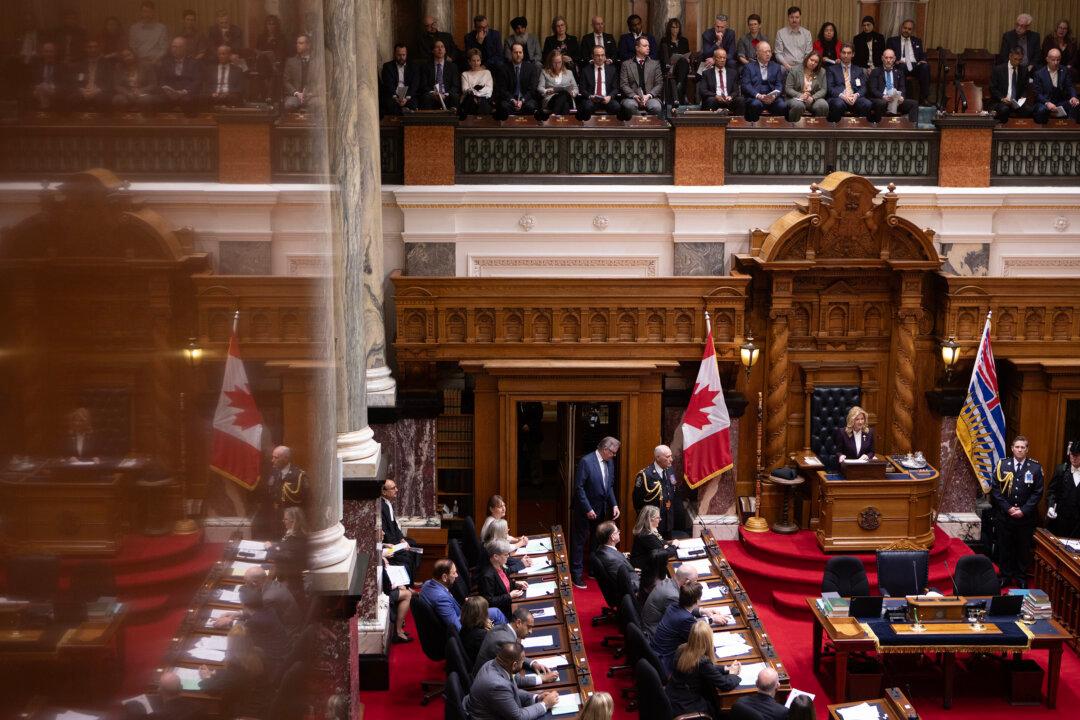OTTAWA—Canadian and European lawmakers are trumpeting the approval of the Canada-EU free trade deal by the European Parliament as a win for the values of openness in the face of anti-trade movements.
On Feb. 15, the legislature in Strasbourg, France, approved the Comprehensive Economic and Trade Agreement (CETA) by a margin of 408-254 with 33 abstentions. The vote clears a major hurdle for the deal that saw its first round of bargaining almost eight years ago and has had to overcome mounting anti-trade populism in Europe.
Canada’s Parliament is also expected to ratify CETA in the coming months, which means that 90 percent of the deal would come into force under what is known as provisional application—a key procedural step that allows the deal to take effect without the ratification of the European Union’s 28 member countries and numerous regional governments.
Prime Minister Justin Trudeau planned to deliver his own pro-trade message in an address to the European Parliament on Feb. 16—a first for a Canadian leader—and to top business leaders a day later in Germany.
“This is the right deal at the right time. Good for workers, consumers, and a new standard for trade,” International Trade Minister Francois-Philippe Champagne, who was already in Strasbourg ahead of the vote, said Feb. 15.





